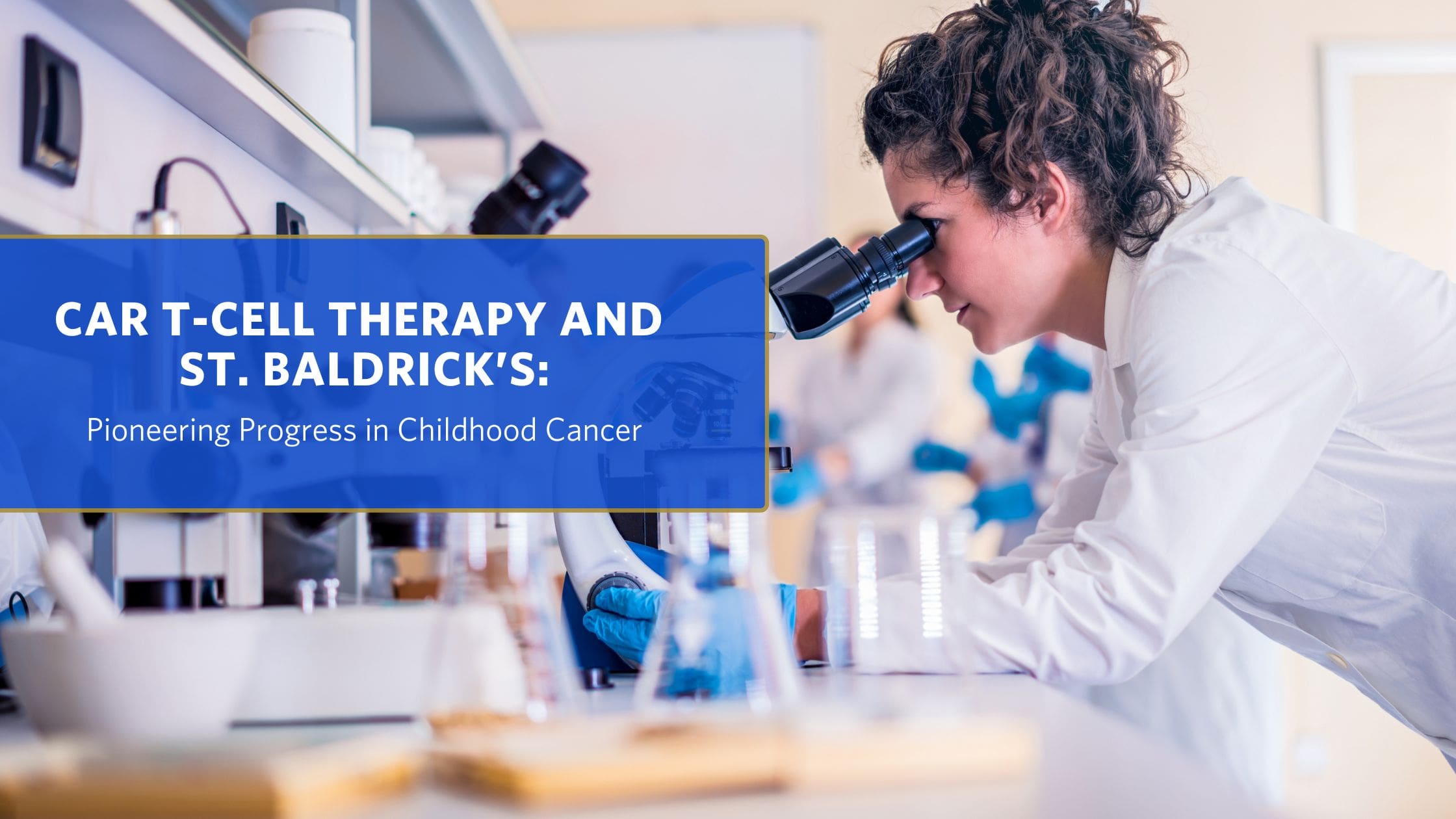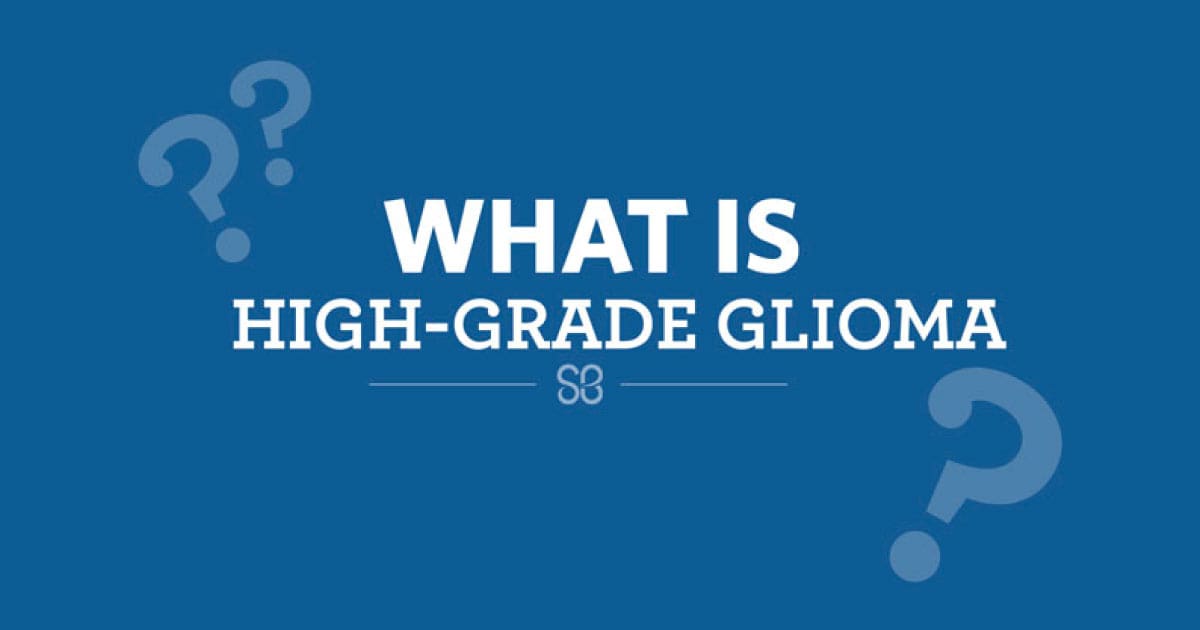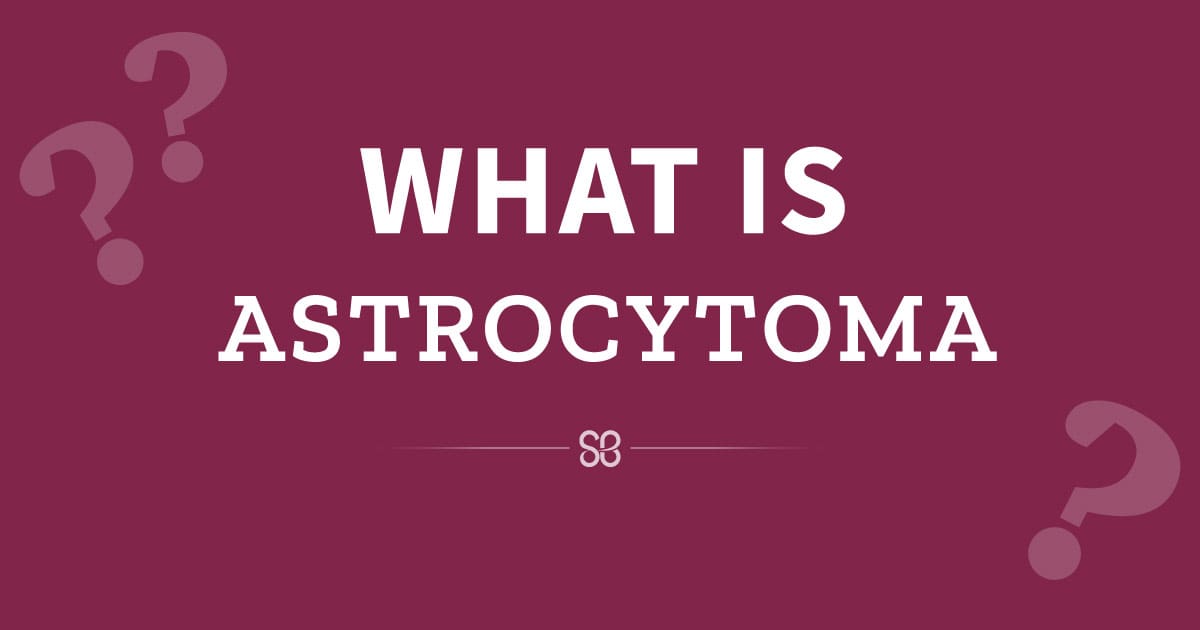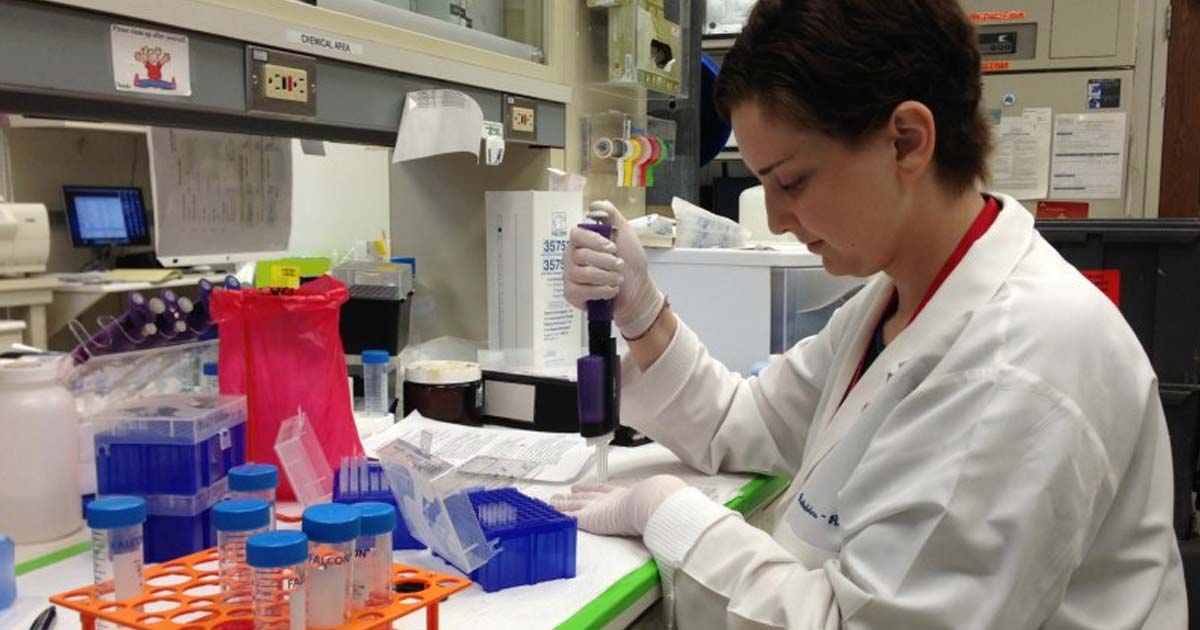CAR T-cell therapy is considered one of the most hopeful advancements in childhood cancer treatment in recent decades, especially for certain types of blood cancers. St. Baldrick’s donors have supported every milestone in this journey, from the early clinical trials in the 2010s right up to today.
What is CAR T-Cell therapy
T-cells are a type of white blood cell that play a critical role in the body’s immune response. CAR T-cell therapy is a kind of immunotherapy that enhances these T cells to better recognize and attack cancer cells — and not healthy cells. CARs (Chimeric Antigen Receptors) are added to T-cells in the lab to help them target specific proteins found only on the surface of cancer cells.
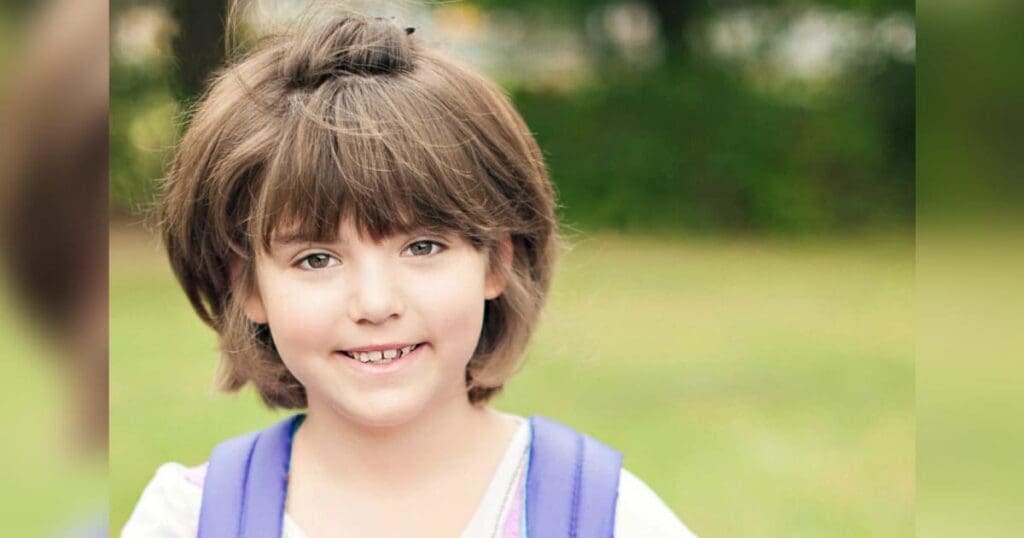
Emily Whitehead, the first pediatric patient to be treated with immunotherapy. This photo was taken 18 months post-treatment.
First CAR T-cell Clinical Trials
In 2012, the first pediatric cancer patient was treated on this new therapy. Emily Whitehead had been diagnosed with acute lymphoblastic leukemia at the age of five, and after two relapses, she was not expected to live beyond a few weeks. But at Children’s Hospital of Philadelphia, she participated in a clinical trial using modified T cells targeted specifically to B-cell acute lymphoblastic leukemia. St. Baldrick’s supported researcher Dr. David Barrett was part of the research team.
Initially, Emily became very sick with what is now called a cytokine storm, but after an antibody therapy was administered, she quickly recovered. She has been cancer-free since 2012.
This remarkable success fueled further research and larger clinical trials in both children and adults.
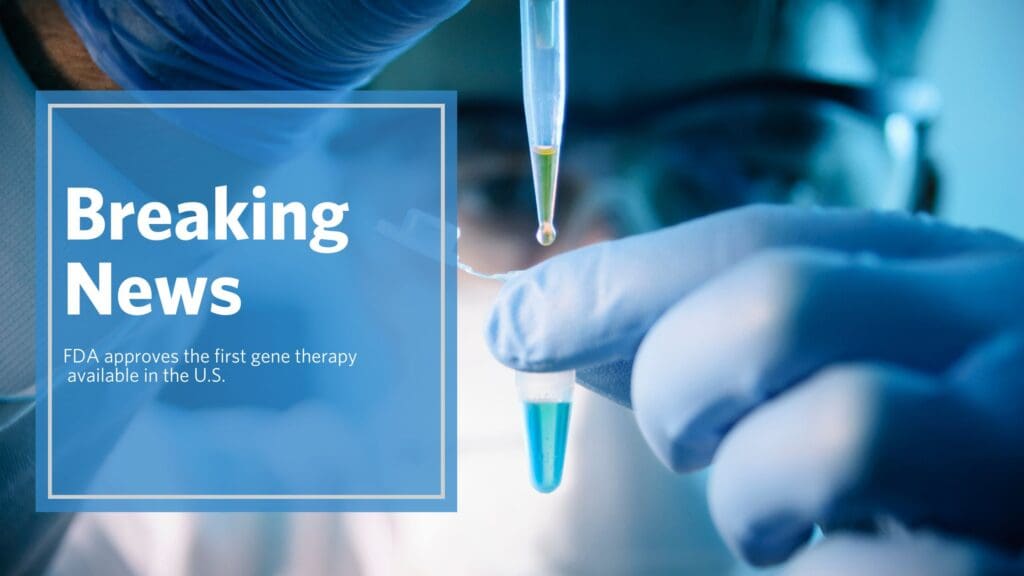
FDA approved the first gene therapy available in the United States. Called Kymriah, it’s an entirely new way of treating cancer and it’s saving lives.
FDA Approval of Kymriah
In 2017, the first CAR T-cell therapy, Kymriah, was approved for pediatric and young adult patients with relapsed or refractory B-cell ALL. A team of researchers now called the St. Baldrick’s EPICC Team (Empowering Pediatric Immunotherapies for Childhood Cancers) was instrumental in helping to understand why the treatment works for some patients and not others, researching how to best deal with the dangerous side effects some patients experience, and helping to push the drug approval over the finish line with the FDA as quickly as possible.
Kymriah’s approval was the beginning of a whole new era. Since then, CAR T-cell therapy has been tested in other types of pediatric cancers, including different leukemias, lymphomas, and even solid tumors.
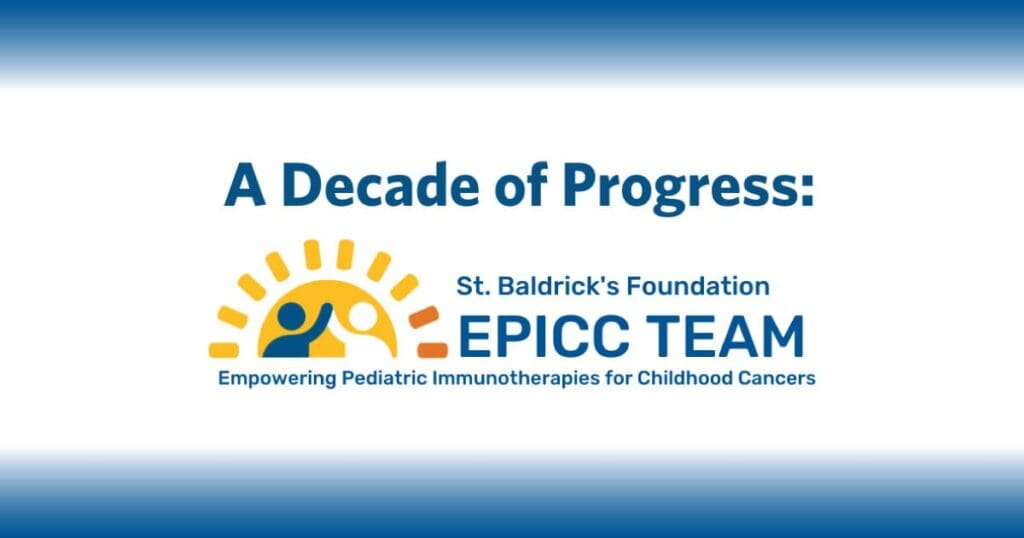
Ongoing Progress
While CAR T-cell therapy still shows the most promise in blood cancers, researchers continue exploring its use in solid tumors, though this has proven more challenging.
- The St. Baldrick’s EPICC Team has seen success in a clinical trial of a particular CAR T-cell therapy for one of the most difficult childhood brain tumors, diffuse midline gliomas (DMG).
- This team developed a CAR T-cell therapy that is effectively eliminating tumors in rhabdomyosarcoma models. The next step is to move this therapy into humans in a phase I clinical trial.
- The EPICC Team also recently discovered an immuno-oncology therapy target called GPC2 and developed a clinical trial for relapsed neuroblastoma. The early results are promising for these kids.
- St. Baldrick’s supported researchers have also created several new immunotherapies for Ewing sarcoma and continue to explore these options.
Addressing Challenges
We know the kinds of suffering endured by patients who face surgery, chemotherapy and radiation. The duration of side effects from CAR T-cell therapy is typically shorter than other treatments, although they may be intense in the short term. Here are a few examples of how St. Baldrick’s researchers are working to make this treatment not only more effective, but easier on patients.
- St. Baldrick’s researchers are working to develop safer more targeted T-cells to minimize the damage to healthy cells that causes some severe side effects.
- After CAR T-cell therapy, some patients have cytokine release syndrome (CRS), a result of the immune system responding too aggressively, resulting in symptoms like fever, chills, trouble breathing, and nausea. Researchers are working to better understand CRS and to reduce its effects.
- One big hurdle in CAR T-cell immunotherapy is that for some, the effectiveness of the treatment can be short-lived. In 2024 researchers found a potential game-changer for CAR T-cell therapy. They discovered that a protein called FOXO1 could boost CAR T-cell’s staying power in the body. This protein promotes memory and prevents exhaustion in CAR T-cells. By adjusting FOXO1 levels, scientists were able to enhance CAR T-cells’ memory and keep them fighting against tumors for longer periods.
- Relapse is still a concern for all survivors of cancer. A study supported by St. Baldrick’s in 2021 found that children with acute lymphoblastic leukemia who received CAR T-cell immunotherapy had fewer relapses and a higher chance of survival when the treatment was followed by a stem cell transplant. Two years after this combination treatment, the relapse rate for these children was less than 10%.
CAR T-cell therapy represents a beacon of hope for children and their families battling cancer. The remarkable progress we’ve seen in recent years wouldn’t be possible without the unwavering support of donors like you. Together, we are turning hope into action, advancing treatment options, and giving children a fighting chance at a brighter future.
Donate now and help support research into better treatments for kids with cancer
Read more on the St. Baldrick’s blog:
